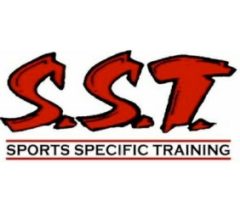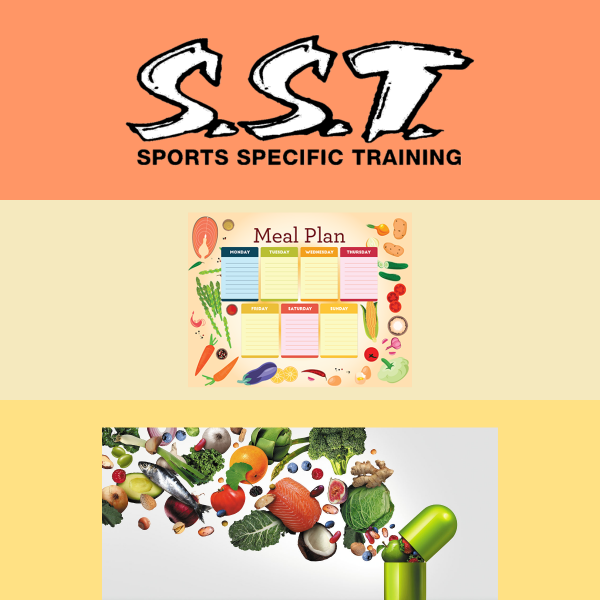General guidelines
Athletes should aim to consume a balanced diet that includes a variety of nutrient-dense foods, including fruits and vegetables, whole grains, lean proteins, and healthy fats.
Pay attention to fluid and electrolyte intake to stay hydrated.
Additionally, be mindful of their overall calorie intake and make sure they are consuming enough to support their training and performance goals.
Specific nutrient needs may vary depending on the type of sport, training intensity, and individual needs.
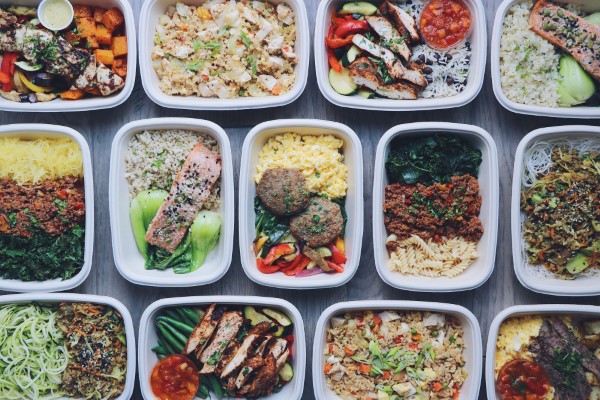
Supplements
Supplements can play a role in an athlete’s nutrition plan, but they should not be used as a replacement for a balanced diet.
In many cases, a well-rounded diet can provide all the nutrients an athlete needs to support their training and performance goals.
However, in some cases, supplements may be necessary to fill gaps in an athlete’s nutrient intake. It’s important to note that not all supplements are safe or effective and some may not be permitted in competitive sports so it’s crucial to consult with a sports dietitian or a physician before starting any supplement regimen. Some examples of supplements that may be beneficial for athletes include:
- Protein supplements, such as whey or casein, to help support muscle recovery and growth.
- Creatine to increase muscle strength and power.
- Vitamin D, Iron, calcium and zinc for athletes with deficiency.
- Fish oil for omega-3 fatty acids that can help reduce inflammation.
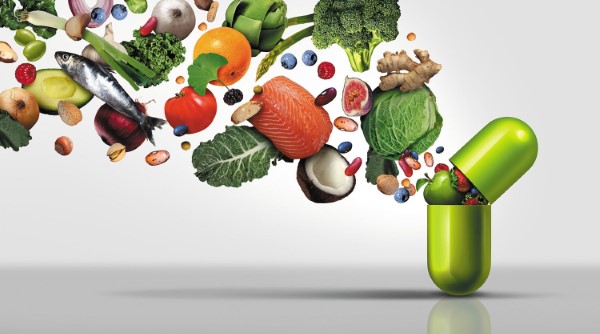
Have a plan!
It’s important to note that the use of supplements should be done with caution, as some may have unwanted side effects, or may not be permitted in competition by some organizations.
In-Season v Off-Season
Athletes may benefit from different nutrition plans during the in-season and off-season of their sport. During the in-season, the primary focus should be on maintaining optimal performance, recovery and injury prevention. So, the athlete should consume enough fuel to meet the energy demands of training and competition, replenish electrolytes, and repair muscle tissue.
On the other hand, during the off-season, the athlete may focus on building muscle mass and endurance, so the nutrition plan should be adjusted to support this goal. The athlete should consume enough calorie and nutrient-dense foods to support muscle recovery and growth.
It’s also important to note that the off-season is an opportunity for the athlete to address any nutrient deficiencies that may have developed during the in-season. The athlete should also focus on nutrient-dense foods that can improve overall health and well-being. It’s recommended that athletes work with a sports dietitian to develop a nutrition plan that is tailored to their specific needs and goals, both in-season and off-season.
Meal Plans
A meal plan plays an important role in good nutrition for an athlete. A meal plan can help an athlete to:
- Meet their energy and nutrient needs: A meal plan can ensure that an athlete is consuming enough calories and essential nutrients to support their training and performance goals. It can also help to ensure that the athlete is consuming a balance of macronutrients (carbohydrates, protein, and fat) to support energy production, muscle recovery, and overall health.
- Manage body composition: A meal plan can be tailored to help an athlete achieve or maintain a healthy body composition, whether that be building muscle, losing fat or maintain weight.
- Ensure consistency and planning: Having a meal plan in place can help an athlete to plan ahead and make sure they have the right foods available at the right times. This can make it easier to stick to a healthy diet, even when schedules are busy or unpredictable.
- Identify patterns and habits: Meal planning can also be a useful tool to identify patterns and habits that may be negatively impacting the athlete’s nutrition. A sports dietitian can help the athlete to identify these patterns, and make adjustments to their meal plan as needed.
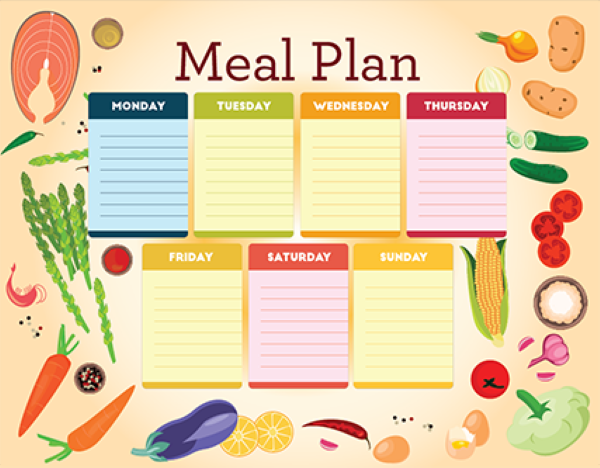
It’s important to note that a meal plan is not a one-size-fits-all solution, and athletes should work with a sports dietitian to develop a plan that is tailored to their specific needs and goals. Additionally, the meal plan should be flexible enough to accommodate individual tastes, preferences, and lifestyle, as well as changes in training schedule and competition.
Finally, here are the Top 5 DON’T’s for athletes young and old:
- Do not rely solely on supplements: Supplements can be a useful addition to an athlete’s nutrition plan, but they should not be used as a replacement for a well-rounded diet. A balanced diet can provide all the nutrients an athlete needs to support their training and performance goals.
- Do not neglect hydration: Adequate hydration is essential for optimal athletic performance and recovery. Athletes should be mindful of their fluid intake and make sure they are consuming enough water and electrolytes to stay hydrated.
- Do not skip meals: Skipping meals can negatively impact an athlete’s energy levels and performance. Athletes should aim to consume regular, balanced meals to support their training and performance goals.
- Do not rely on fad diets: Many fad diets can be harmful and may not provide the nutrients an athlete needs to support their training and performance goals. Athletes should work with a sports dietitian to develop a nutrition plan that is tailored to their specific needs and goals.
- Do not ignore nutrient deficiencies: Some athletes may develop nutrient deficiencies due to an unbalanced diet, high training volume or restrictive eating habits. Athletes should be aware of the signs and symptoms of nutrient deficiencies, and work with a sports dietitian to address any deficiencies through dietary changes and supplementation.
Reminder: Visit SST’s recipe library for some eciting options for Breakfast, Lunch, Dinner, Snacks and Smoothies. CLICK HERE
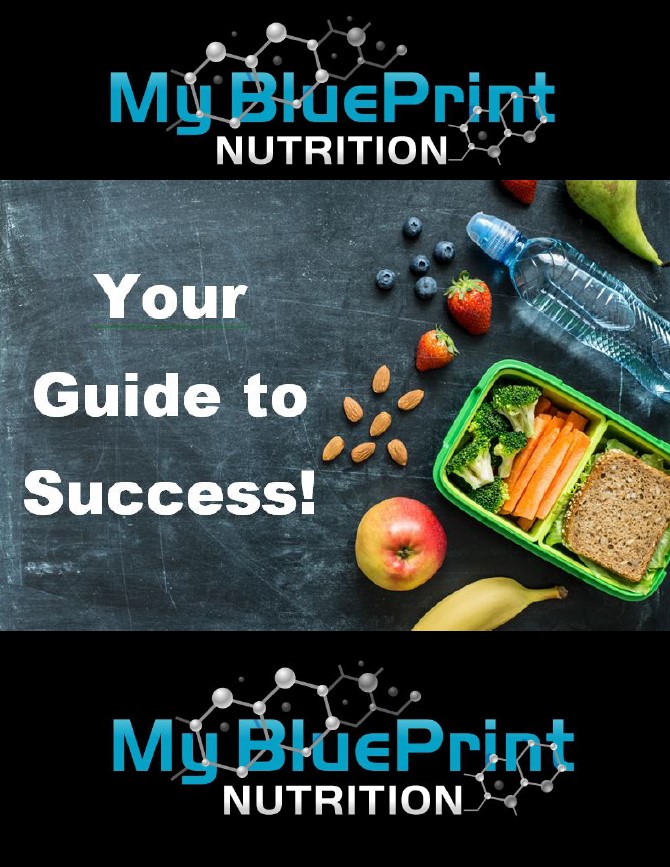
Say goodbye to boring diets and hello to tasty, fat-burning meals with our high-protein recipe cookbook.
Also,
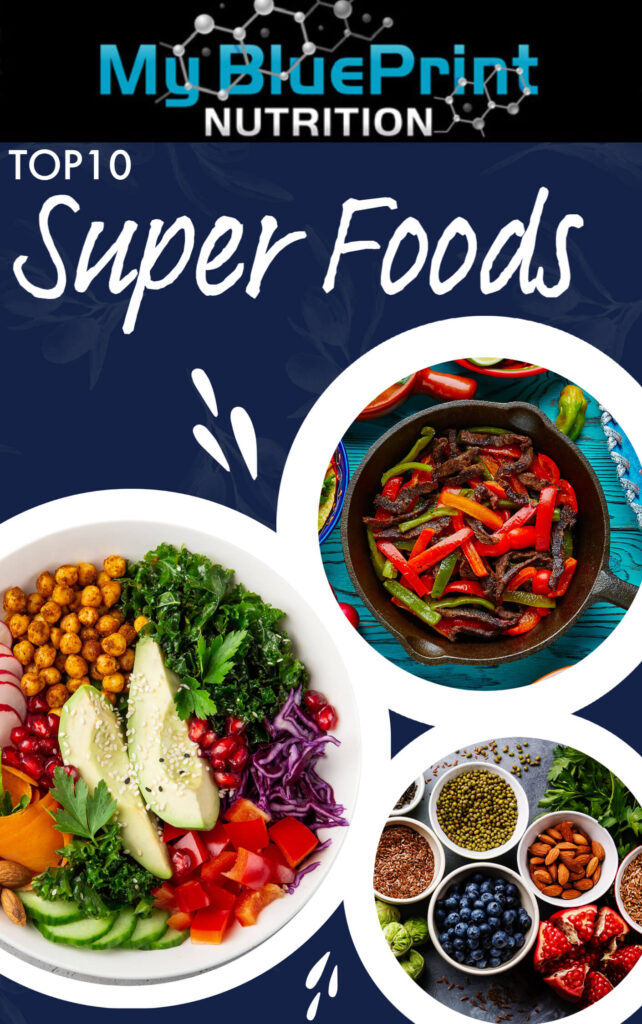
If you would like to get your own full-blown copy of our “Super Foods” eBook jampacked with information and suggestions…..
